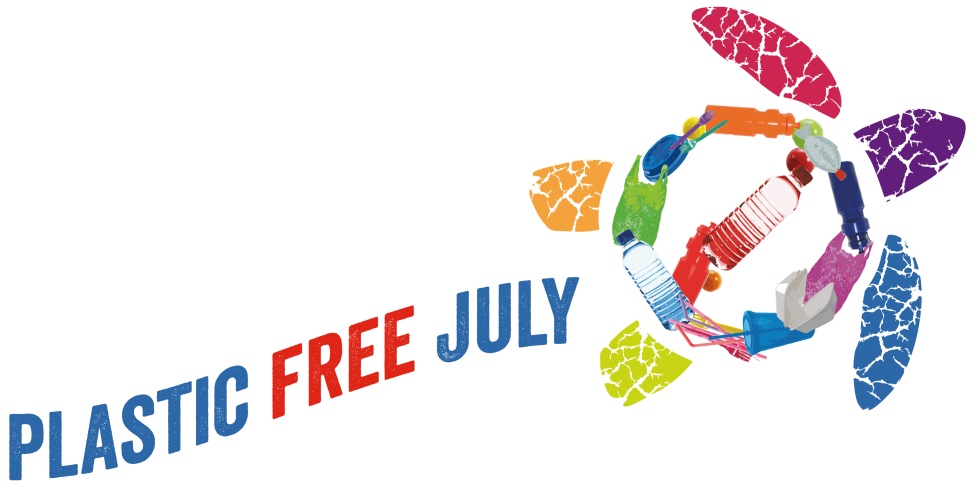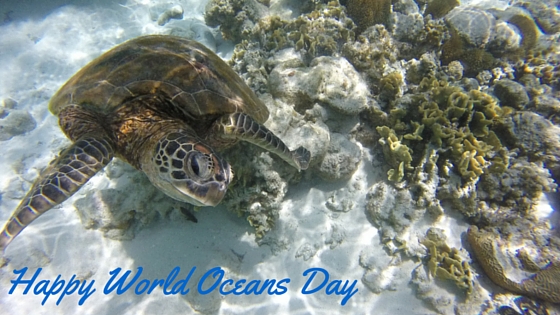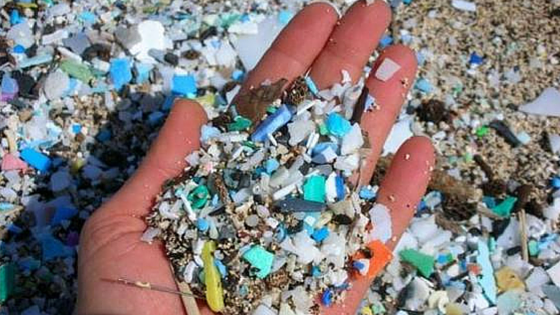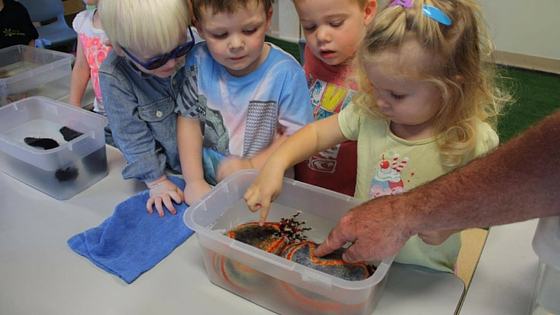
Ocean Life Education is encouraging local households, businesses and schools to accept the Plastic Free July Challenge. The challenge is quiet simple: attempt to consume no single-use plastic during July.
Single-use plastic is anything that is intended to be used once then thrown away. If all single-use plastic sounds a bit daunting, just try the “big four” single-use plastic items are plastic bags, plastic cups, plastic straws and plastic containers.
“Single use plastic is one of the most concerning issues facing our oceans and its inhabitants and it won’t go away by itself. Join us in reducing and ridding single use plastic from our every day use to protect the future of our ocean animals – and us.”
Read more about the problem with plastics in our oceans.
Will you accept the challenge?
Plastic free July is a fun challenge that gets us thinking about the amount of plastic packaging in our lives.
Why participate?
- Australians send 1 million tonnes of plastic to landfill each year. And too much plastic ends up as litter.
- Chemicals in plastics can have harmful effects on our health.
- You’re not alone! Join the PFJ network and join us at events, workshops and online discussion forums.
The Challenge
- Attempt to consume no single-use plastic during July.
- Collect any plastic packaging you do buy. Keep it in a ‘dilemma bag’.
Choose your challenge and Register!
People can register for the challenge; and share their experiences, ideas and tips at www.plasticfreejuly.org.
Deplastify your life
Use this plastic detox mind map for ideas on how to deplastify your life!
Plastic Free July started as a local initiative in Perth, Western Australia and has grown into a global initiative.
If you’re interested in this topic and would like us to host a workshop for your students or early learners, check out our programs.






